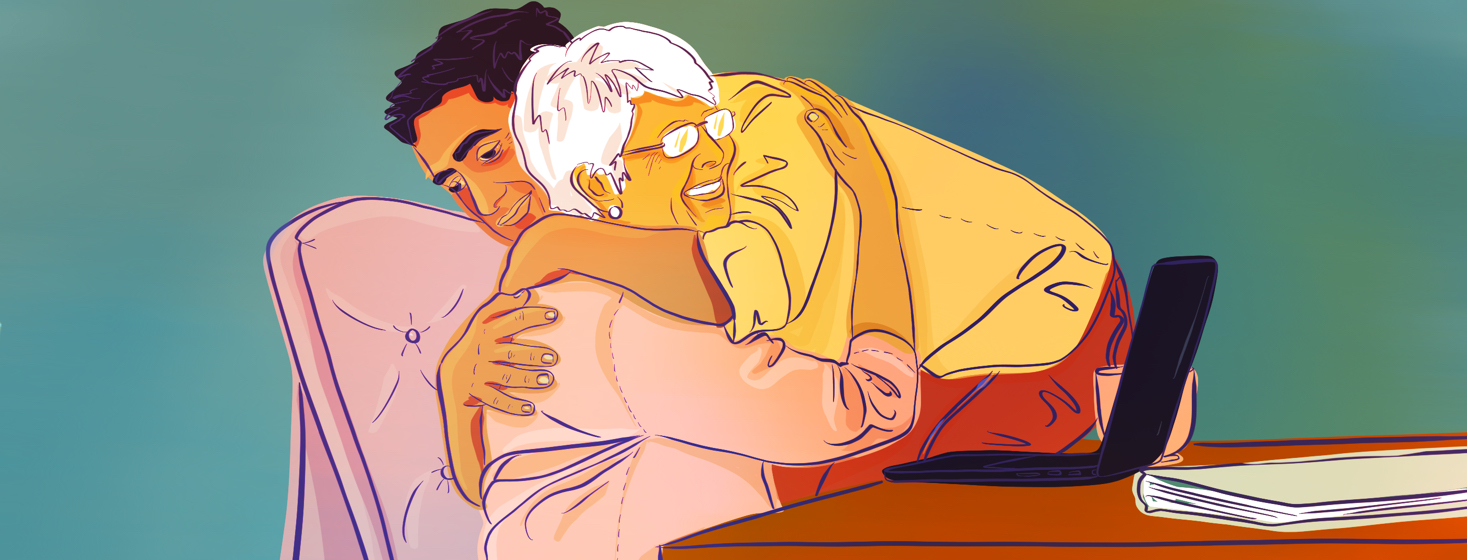Am I a Good Caregiver?
With my mother having lupus, there have undoubtedly been times where I have had to step more into a caregiver role than others. Sometimes I may have to pick up prescriptions, other times I may have to help prepare food, or sometimes I am just there to listen and talk through the symptoms that she may be experiencing.
Traits of a good caregiver
I try to be the best support that I can be, but I do often think about whether I am a good caregiver. How do I know if I am a good caregiver? Obviously, the needs of my mother would differ from the needs of some other people. But I want to ensure that I am being the best caregiver that I can be. Over time I have found that there are a few characteristics that are important when being a caregiver.
- Patience: Patience is a clear prerequisite for being a good caregiver. With patience, that means that I have to be understanding when there are potential changes that may occur in any plans. There are times that plans may not progress as quickly as planned, and then other times that plans may go a lot more quickly than expected. But either way, the person receiving care is the focus.
- Attentiveness: Attentiveness and compassion are also important factors when being a caregiver. Having compassion can be viewed as having understanding or empathy for what my loved one is experiencing. It is also key for me to understand when there are emotional fluctuations or changes in behavior.
- Dependable: If you are playing the role of a caregiver, it is vital that you are dependable. The needs of your loved ones are not intermittent—the needs are consistent and require consistent attention. You need to ensure that you are going to be there and that your loved ones are counting on you to do all that you said that you would do.
- Trustworthy: Being a caregiver, you are in a very trusted position. You will have access to information and items that may need to be handled delicately. You should not take advantage of the situation and breach any trust that exists between you and the person you are caring for.
What it means to be a caregiver
Being a caregiver does not always mean that you are the person that is providing direct care to your loved ones. But this does not minimize the job. If you are wondering whether you are a good caregiver, you should ask yourself if you are exercising patience during the care of your loved ones? Are you being attentive to their needs and compassionate when necessary? Do you find that you are dependable when you are in your role as a caregiver?
Featured Forum
View all responsesYou will be in a position that requires lobbying on behalf of your loved one. You will have access to important (and sometimes private) information. The last question you have to ask yourself is, “Are you trustworthy?” Can you really be trusted with all of the responsibilities that come with being a caregiver? If you are able to answer yes to these questions, then you are well on your way to ensuring that you are a good caregiver.

Join the conversation